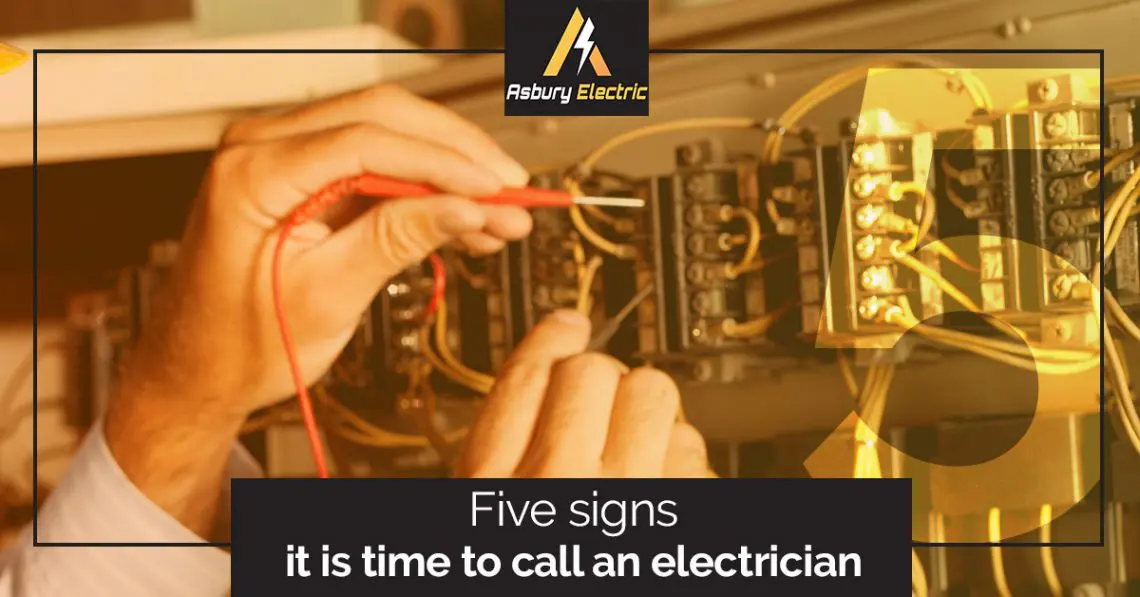Repeated circuit breaker overload
Repeatedly tripping your circuit breaker doesn’t necessarily mean you have a serious electrical problem. But it could. A ground fault, essentially a hot wire in contact with something it shouldn’t be touching, is something you’ll need a professional electrician’s help with. And don’t wait. This could be a fire hazard.
On the other hand, you could just have too much stuff plugged into one circuit. Does your breaker trip every time your iron, washing machine and hairdryer are running? Well, there you go. That’s your sign that the problem is a simple overload. You can either stop running all of those appliances at the same time or have an electrician come out and take a look at your panel to see if an extra circuit can be added.
Water damage
Whether your circuit breaker is overloading or not, if you see any signs of rust or any other indication of corrosion, call an electrician right away. Rust and corrosion are a sign that moisture is getting in or near the system. And we all know that water and electricity definitely do not mix.
Flickering lights
If you live in an older home and a light that has worked fine suddenly starts flickering, call an electrician. Actually, if you live in a new home and that happens, call an electrician. A flickering light likely means you’ve got a significant wiring problem. The problem could be located at the fixture. Keep your fingers crossed that’s the case. Or it could be a larger, more dangerous problem. Better safe than sorry, so have a professional take a look.
Are your lights only flickering in bad weather, particularly when it is windy? Frayed wiring could be the culprit. When your electrical cables move, frayed wiring can cause a short resulting in the flicker, indicating that you should call an electrician ASAP.
Don’t forget to check the wattage requirements on your light fixtures. Never use bulbs that exceed the requirements. Surprisingly, that’s also a fire hazard in the making. For older fixtures that don’t have a recommendation printed on them, a safe bet is to remain under 60 watts.

